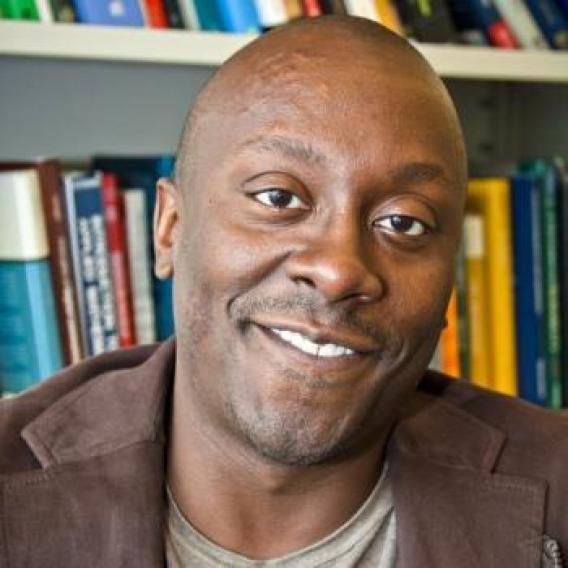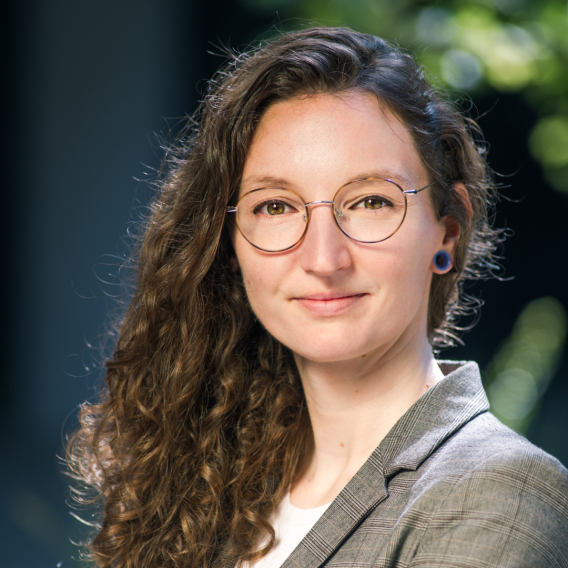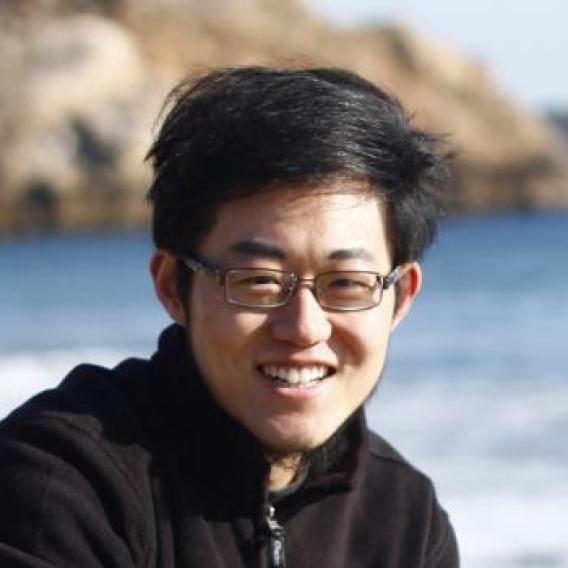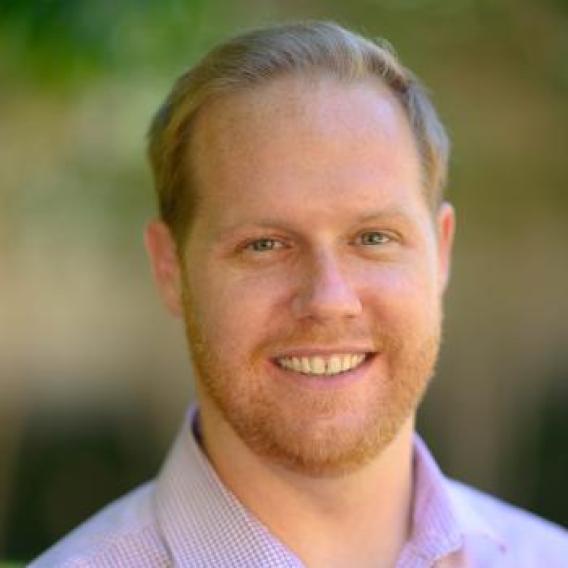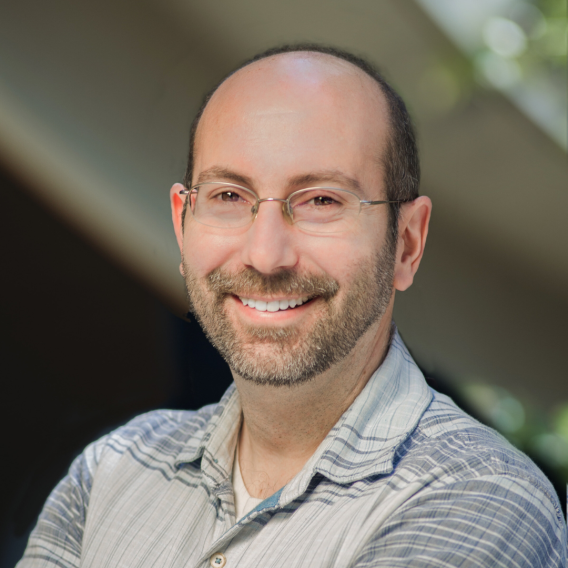Innovative faculty drive innovative neuroscience
Wu Tsai Neurosciences Institute faculty scholars are hired by the institute through broad area searches in conjunction with departments in the Stanford schools of Engineering, Humanities & Sciences and Medicine.
